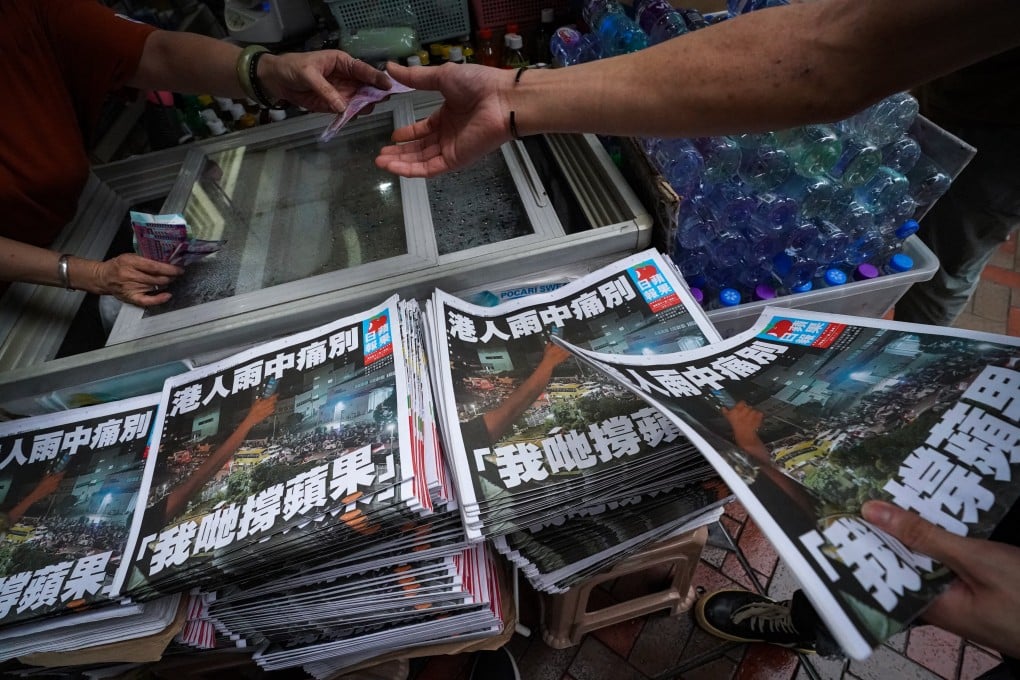Keeping copy of Apple Daily tabloid does not breach Hong Kong’s domestic security bill, but using it to say reporting is true can be seditious: top adviser
- ‘If you keep a copy at home as a memento and read it in the loo in your free time, it proves that you do not have a mens rea,’ says Ronny Tong, member of Executive Council
- Tong stresses that an individual’s actions will only be considered illegal if they harbour unlawful intent

The warning by Senior Counsel Ronny Tong Ka-wah, a member of the government’s key decision-making Executive Council, echoed earlier comments by officials on the Safeguarding National Security Bill mandated under Article 23 of the Basic Law, the city’s mini-constitution.
“If you keep a copy at home as a memento and read it in the loo in your free time, it proves that you do not have a mens rea [an intention to commit an offence],” Tong told a radio show on Monday.
“But if you show it to people visiting your place from time to time and say ‘It is different now. What was said before is true’, then you may be committing an offence with seditious intention as you are using it to achieve subversion or other unlawful purposes.”
Tong stressed an individual’s actions would only be considered illegal if they were harbouring unlawful intent, but they would have to defend themselves in court.